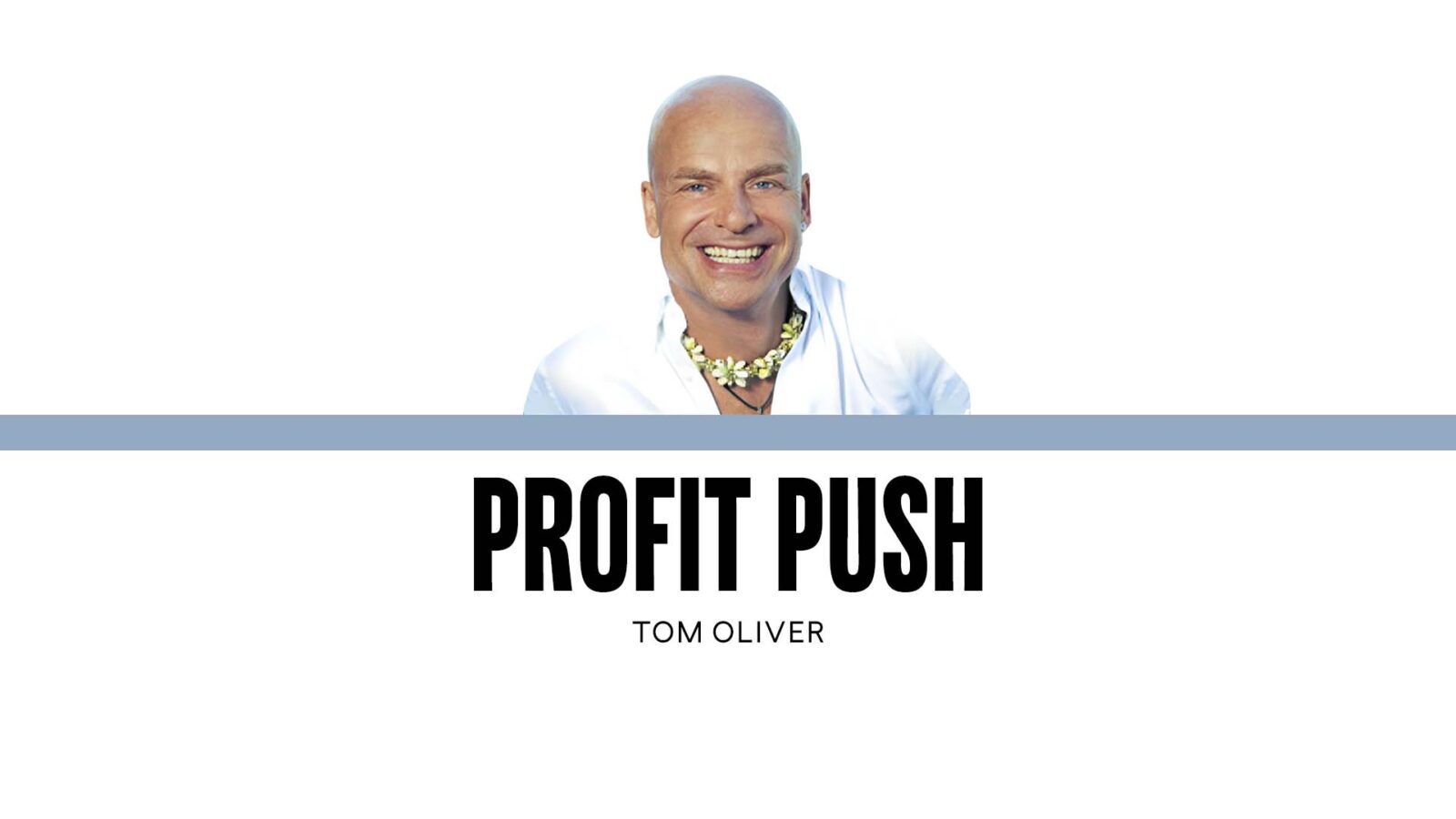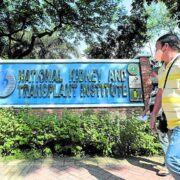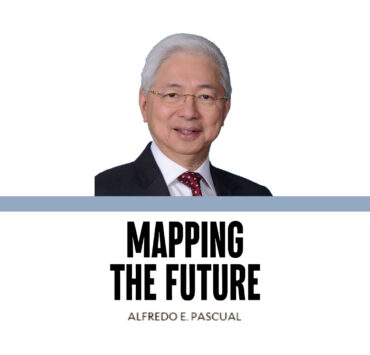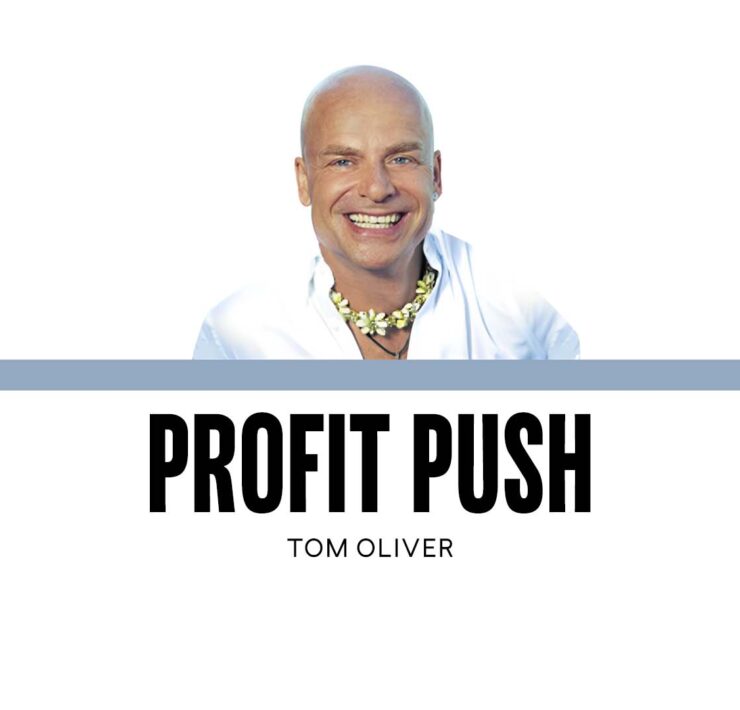From crisis to composure: The CEO’s secret of never cracking under pressure

Over the years, advising, mentoring and collaborating with some of the world’s most successful entrepreneurs and billionaires, I’ve noticed certain habits they all share. One of the most important—yet least discussed—is their ability to remain calm under immense pressure.
I learned this lesson early in my own career. Many years ago, one of my businesses faced a crisis that could have brought everything crashing down. A trusted CFO had failed to do his job properly and the consequences were serious. Every day brought a new wave of problems, each threatening to overwhelm the company.
Yet in the middle of that storm, I made sure to keep my daily rituals intact—especially my workout routine. I am hyperactive and need sports five times a week for 90 minutes. That one anchor kept me grounded, allowing me to think clearly and make better decisions.
What Steve Jobs got wrong
Emotional stability is the ultimate edge. This same principle is evident among the top business leaders I’ve worked with. Mark Zuckerberg, for example, is known for his ability to stay calm when chaos swirls around him. In meetings, he doesn’t let emotion cloud his judgment. Another client of mine—a female billionaire in Asia—has the same rare gift. Even in tense negotiations, she rarely raises her voice. She stays composed, thinks clearly and often ends up turning a potential conflict into a win-win.
In business, storms are inevitable. Competitors make aggressive moves. Markets shift overnight. A product launch falls flat. The real differentiator isn’t avoiding storms—it’s how you behave when you’re in one. Emotional stability doesn’t just keep you sane; it signals to your team, investors and clients that you’re in control, even when things get tough. That confidence is contagious.
This is where many leaders get it wrong. They confuse forcefulness or intensity with strength.
Steve Jobs, for example, was a visionary who changed the world, but his emotional outbursts sometimes drove away brilliant people who might have made Apple even stronger. And made him healthier and happier. Composure doesn’t mean you don’t care—it means you channel that care into solutions instead of letting it leak out as chaos.
The long-game perspective
One tool I’ve seen the best CEOs use—and that I use myself—is perspective. When faced with a high-stakes situation, ask: Will this matter two or three years from now? Often, the answer is “not as much as it feels in the moment.” Zooming out shrinks the size of the crisis in your mind and helps you make smarter choices.
Billionaires I’ve worked with often keep a “North Star” goal in mind, like breaking a world record or building a billion-dollar company. That tunnel vision on the ultimate objective allows them to stay calm because they’re always measuring today’s storm against the scale of their long-term mission.
Anchoring your day
Another hallmark of emotionally stable leaders is their daily ritual. This isn’t about superstition—it’s about consistency. For me, it’s my workouts. For others, it might be a morning meditation, a daily walk or a set period of reading. It’s a predictable routine that creates stability no matter what’s happening around you.
When everything in your professional life feels like it’s on fire, that one immovable anchor in your personal routine becomes a lifeline. It sends your brain a clear message: not everything is chaos.
This is also the secret success sauce of most champion athletes. Ask Cristiano Ronaldo, the famous soccer player who is also the world’s best-paid athlete at the time of this writing, about his secret? “90 percent of my day is routine,” he will answer.
Logic before emotion
Emotional stability doesn’t mean you suppress your feelings. It means you acknowledge them without letting them take over. Like Zuckerberg, the best leaders learn to take a breath, step back and assess situations based on facts, not feelings. That kind of decision-making wins in the long run.
The opposite—reacting impulsively—might feel satisfying in the moment, but often creates a cascade of new problems. I’ve seen talented CEOs sabotage themselves by firing off an angry email or making a rash decision in the heat of the moment, only to regret it hours later.
The myths to avoid
One of the most dangerous myths in business is the idea that showing emotion—especially anger—proves you’re passionate and engaged. In reality, it often signals that you’ve lost control. Teams pick up on that, and it erodes trust.
Another myth is that composure is something you’re either born with or not. In truth, it’s a skill you can train. Like building a muscle, it strengthens with consistent practice.
Lessons from the greats
Warren Buffett often says that temperament is more important than IQ in business. His ability to remain calm during market crashes is legendary. In the 2008 financial crisis, while others were panicking, Buffett was writing op-eds telling Americans to buy stocks. His tool? A disciplined focus on fundamentals and an iron rule to never make big decisions under emotional duress.
Jeff Bezos has spoken about his “regret minimization framework,” a mental model he uses to take the long view. By projecting himself forward to age 80 and asking which decision he’d regret not making, Bezos sidesteps short-term emotion and focuses on the long-term win. This keeps him calm when the immediate path is unclear.
Indra Nooyi, former CEO of PepsiCo, relied on meticulous preparation. She said that the more prepared she was for a meeting or a crisis, the calmer she felt. Her advice: “When you’ve done your homework, you have the confidence to lead with composure.”
Satya Nadella of Microsoft emphasizes empathy as a stabilizing force. By actively listening and seeking to understand others’ perspectives, he reduces emotional tension and builds trust—even in high-stakes situations.
Training your emotional stability
Here are three practical ways to build your composure muscle:
- Practice delayed reactions. Before responding to a crisis, pause for a set amount of time—whether it’s a few deep breaths or a full night’s sleep. This pause gives you the space to shift from emotional to rational thinking.
- Control your inputs. In high-pressure situations, limit unnecessary noise. Avoid gossip, speculative reports or emotionally charged commentary that can cloud your judgment.
- Rehearse worst-case scenarios. Many of the most composed leaders mentally rehearse challenges before they happen. This makes them less likely to be rattled when those challenges arrive.
Three to Thrive: Building unshakable composure
- Anchor your day. Keep one daily ritual sacred, no matter what’s happening. It might be exercise, meditation, or reading—anything that stabilizes your mindset.
- Zoom out. In any crisis, ask yourself how much this will matter in two or three years. Use that perspective to shrink the problem to its actual size.
- Lead with logic. Acknowledge emotions but act based on facts. Train yourself to respond, not react.
Tom Oliver, a “global management guru” (Bloomberg), is the chair of The Tom Oliver Group, the trusted advisor and counselor to many of the world’s most influential family businesses, medium-sized enterprises, market leaders and global conglomerates. For more information and inquiries: www.TomOliverGroup.com or email Tom.Oliver@inquirer.com.ph.





















